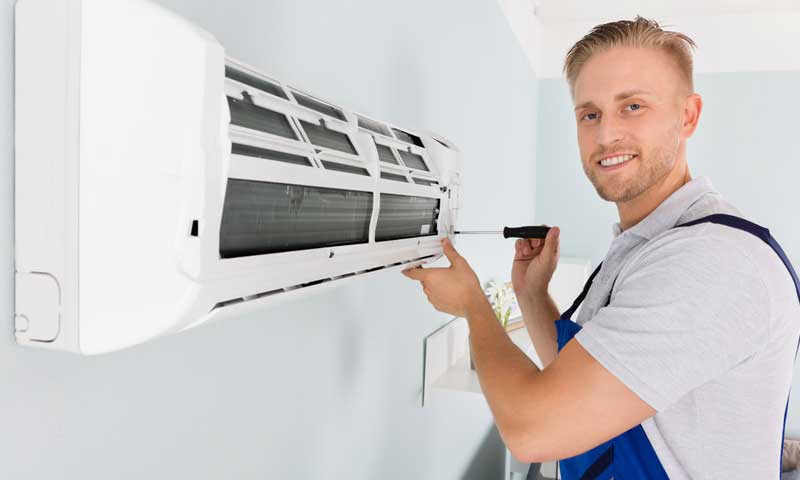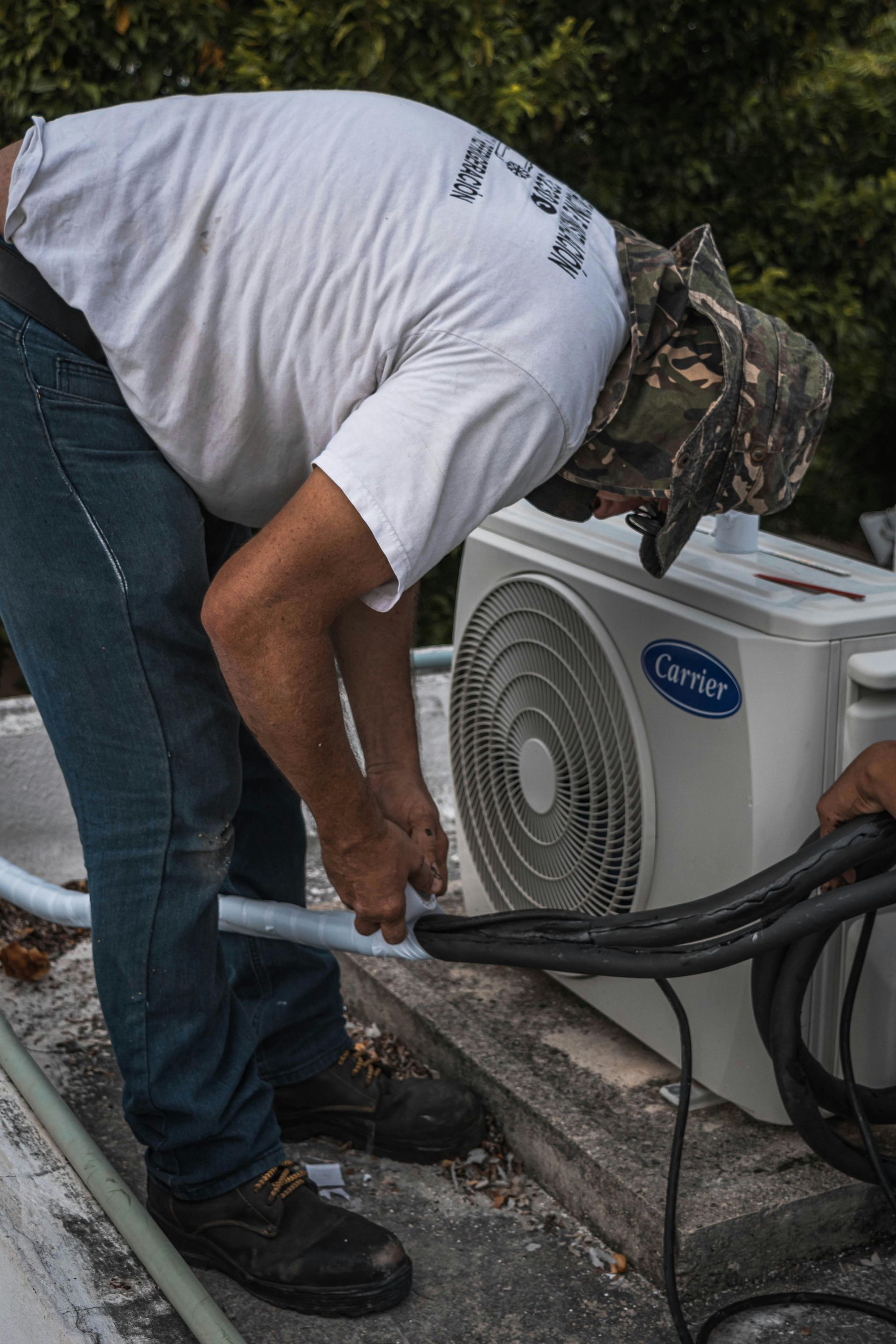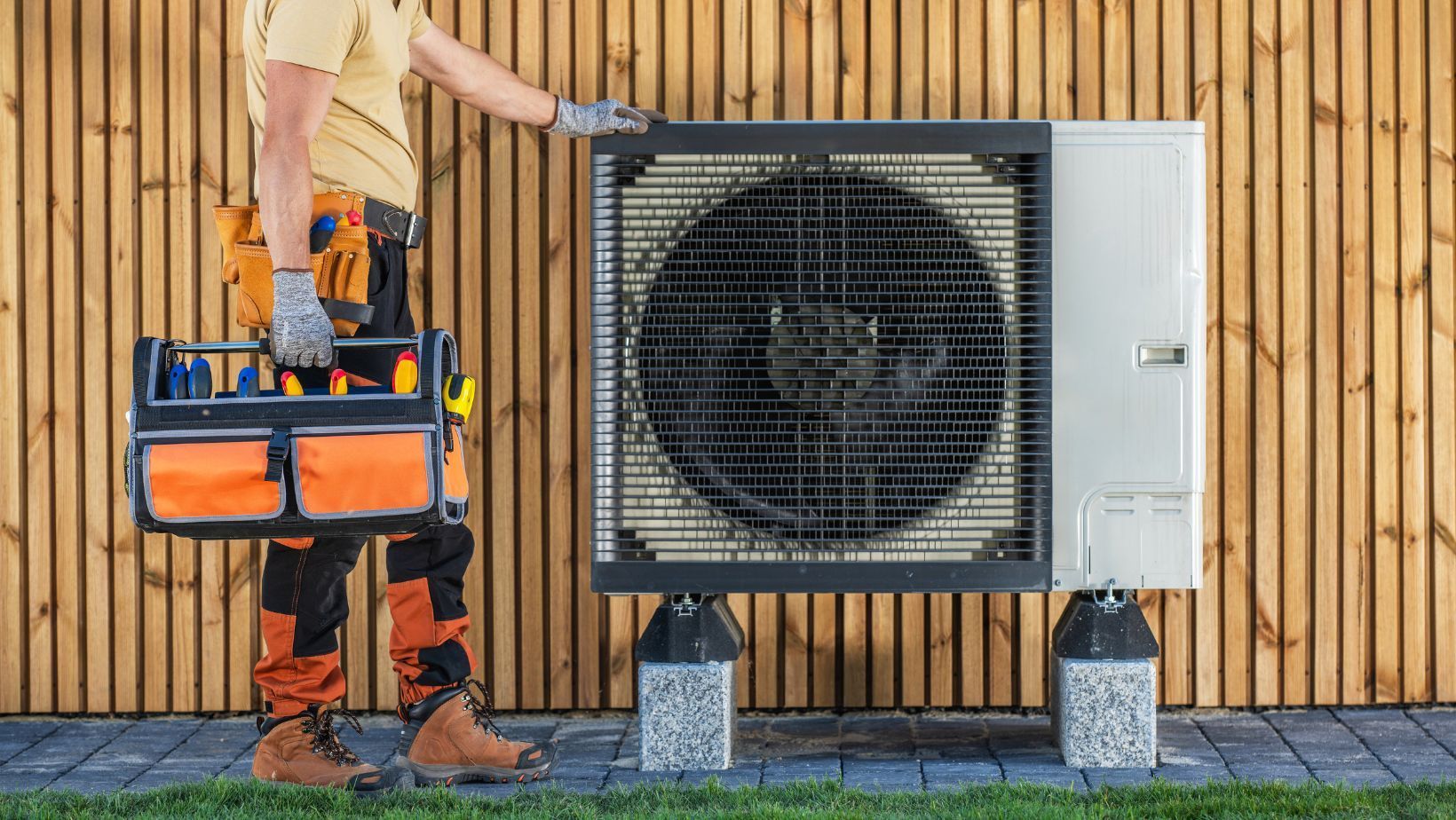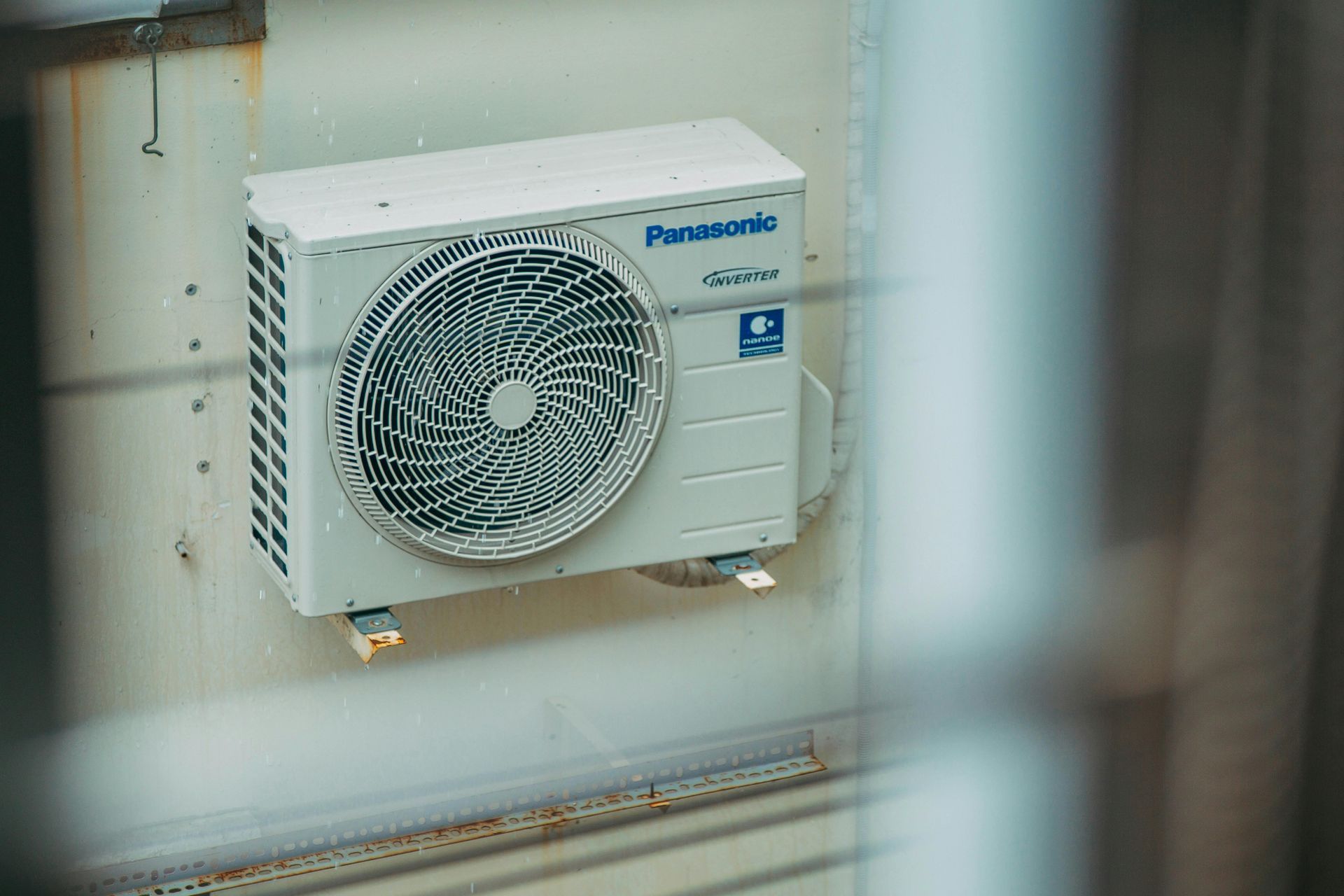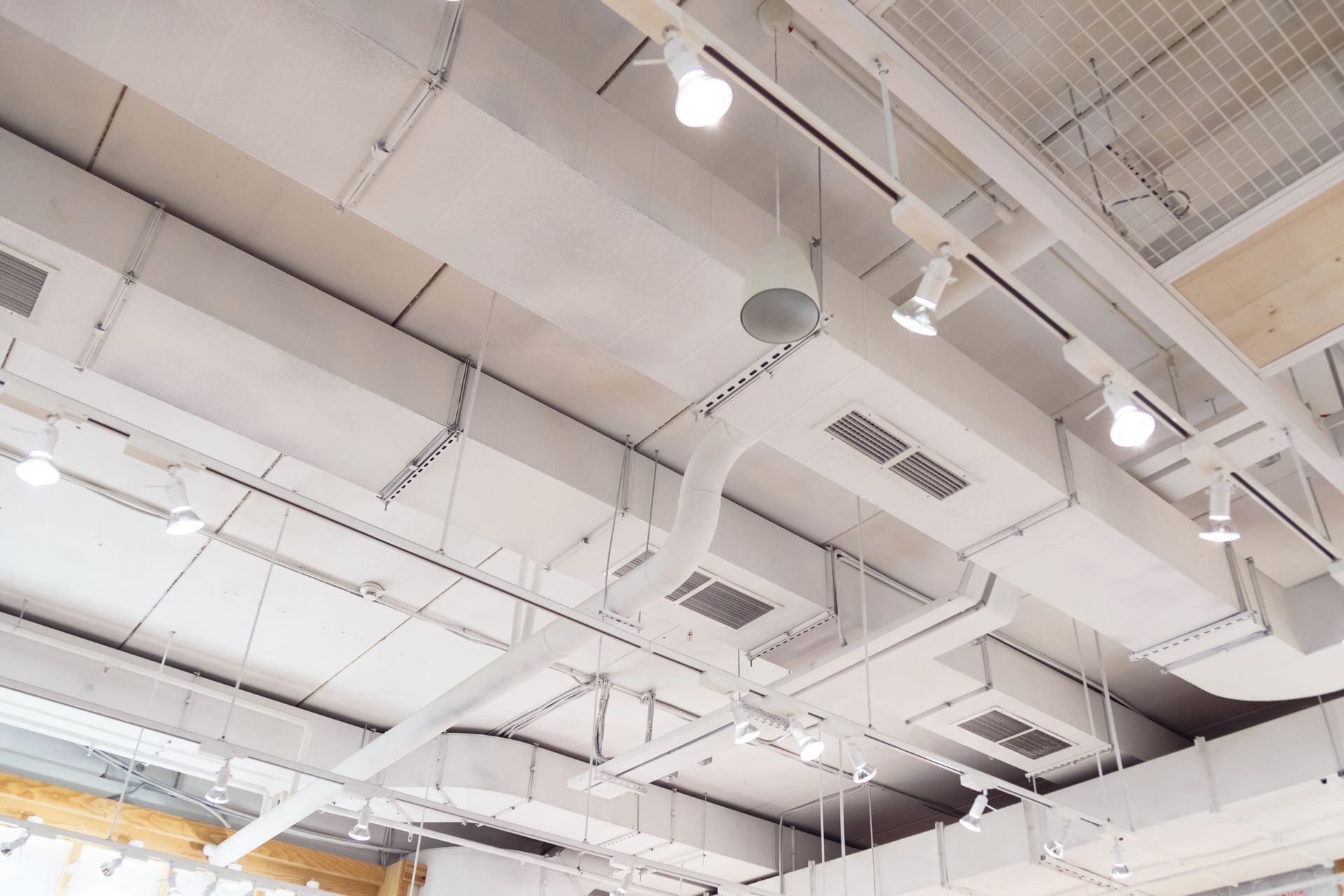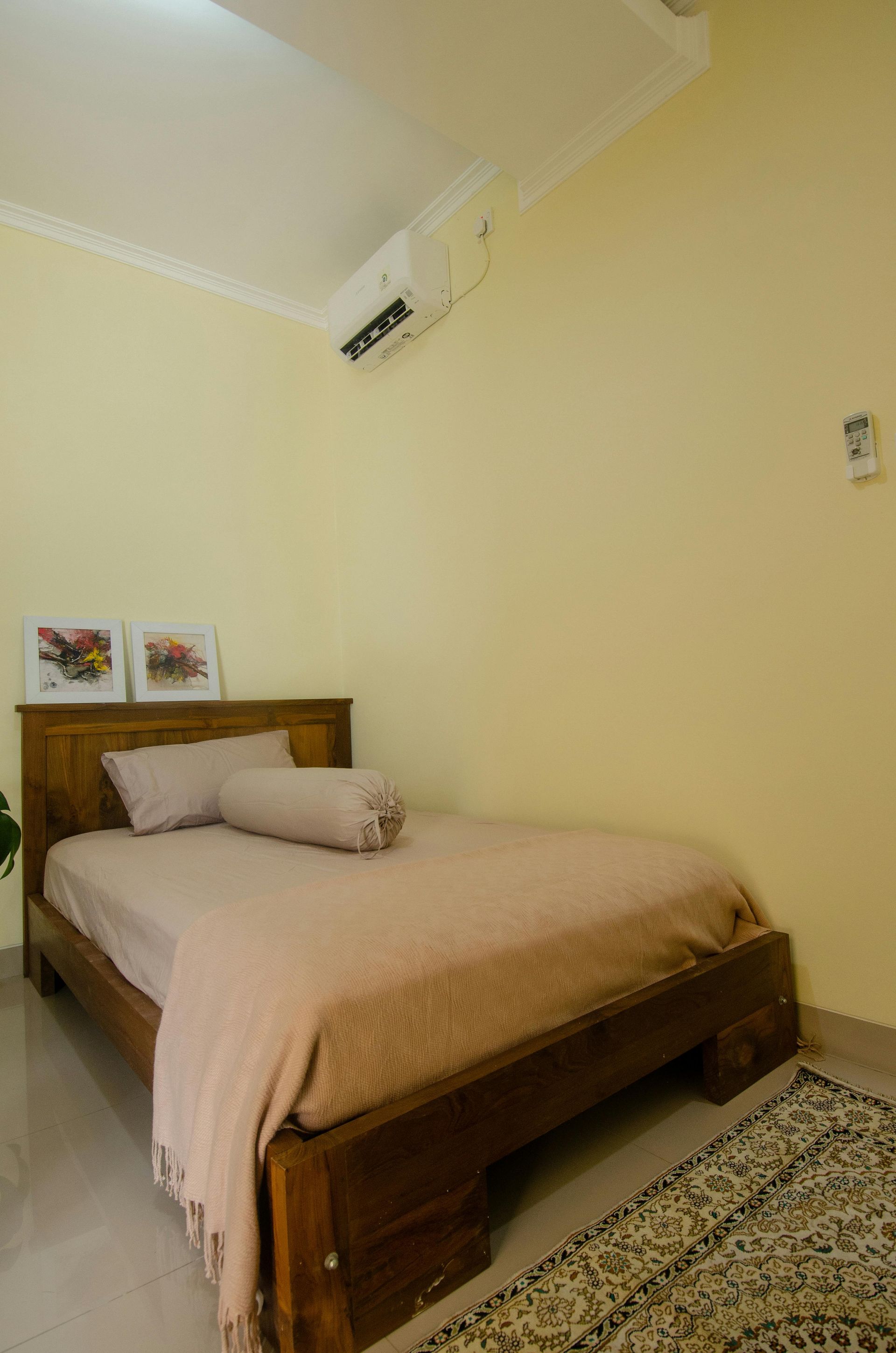The London Guide to How Many HVAC Units Do I Need for Proper Heating & Cooling
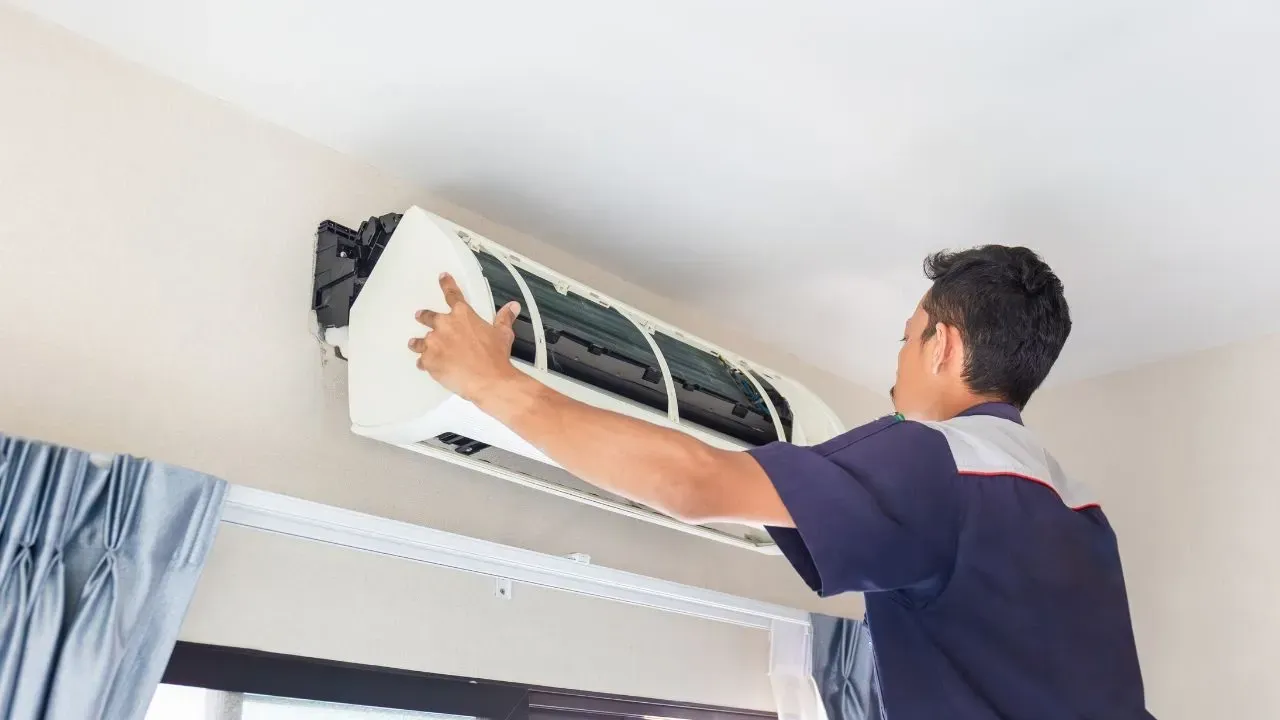
Heating and cooling aren’t just luxuries in London—they’re necessities. As the seasons shift from freezing temperatures to sticky summer heat, your HVAC system must keep up. But before you install anything, you need to ask: How many HVAC units do I need to keep my home comfortable year-round? This blog breaks down the answer, specific to the challenges London homeowners face.
Key Takeaways
- HVAC stands for Heating, Ventilation, and Air Conditioning.
- A residential HVAC system controls temperature, humidity, and air quality.
- Understanding how does HVAC system work in home helps you spot problems early and save money.
- London’s climate demands reliable, well-maintained HVAC equipment.
- Carver Sheet Metal is your trusted local partner for HVAC service in London, ON.
Overview
If you've ever asked yourself, “how many HVAC units do I need?”, you're not alone—especially in London, Ontario, where summers can be humid and winters unforgiving. Whether you're building a new home, upgrading an older system, or just curious, understanding how many HVAC units your property truly requires can be the difference between energy efficiency and endless discomfort. This guide will walk you through every factor to consider, from square footage and floor plan to insulation and local climate.
How Many HVAC Units Do I Need? Factors to Consider
1. Square Footage
The most basic factor in determining how many HVAC units you need is your home's size. On average:
- One HVAC unit can service
up to 2,000 square feet efficiently.
- Homes
over 2,500 sq. ft. often benefit from a second unit or zoned systems.
In London, homes range from modest bungalows to sprawling two-storey builds. A 3,500 sq. ft. home, for example, may require two units—one for each floor—for even airflow and energy control.
2. Home Layout & Zoning Needs
Do you have an open-concept living space or multiple closed-off rooms?
- Open floor plans allow air to circulate more freely, possibly reducing the number of units needed.
- Multi-level homes or areas with different heating/cooling demands (e.g., sunrooms, basements) may require
zoned HVAC systems
or separate units.
Zoning allows independent temperature control in different areas, preventing hot upstairs rooms and freezing basements.
3. Insulation and Energy Efficiency
Poorly insulated homes force HVAC systems to work harder. In London, many older homes may lack modern insulation, leading to:
- More strain on one central unit
- Potential need for supplemental units or zone heating
Investing in proper insulation before sizing your HVAC can prevent over-installation.
4. Climate in London, Ontario
London’s weather is variable:
- Winters can dip to
-20°C
- Summers often climb past 30°C with humidity
A system that’s too small will underperform in winter, while an oversized unit may short cycle in summer—leading to humidity issues and wasted energy.
This is why understanding how many HVAC units do I need isn’t just a guess—it requires local climate awareness.
Professional Load Calculations Matter
HVAC professionals use a Manual J load calculation to determine:
- The exact BTU (British Thermal Unit) requirement per square foot
- Airflow needs per room
- Equipment sizing based on windows, ceiling height, duct length, and more
For a typical 2,800 sq. ft. home in London:
- One 4-ton unit
may work but could strain under peak conditions.
- Two 2.5-ton units (zoned) can balance comfort, efficiency, and system lifespan.
Always ask your HVAC technician for a full load assessment before installation.
Why More Isn’t Always Better
Some homeowners think “bigger is better.” But in HVAC terms, that’s often a costly myth:
- An oversized unit cools too fast, not giving time to dehumidify air.
- Short cycling (frequent starts and stops) can reduce equipment life.
- Energy costs spike when systems overcompensate.
Instead, the goal is balanced output—units that run efficiently at moderate speeds, keeping air clean and temperatures steady.
Common Scenarios in London Homes
Detached Two-Storey Home (3,000+ sq. ft.)
Suggested: 2 HVAC units (main and upper floors), or 1 large unit with zoning dampers
Reason: Floor-level temperature differences
Open-Concept Bungalow (1,500–2,000 sq. ft.)
Suggested: 1 high-efficiency HVAC unit
Reason: Limited space, even airflow throughout
Renovated Century Home with Additions
Suggested: Zoned HVAC or ductless mini-splits for extensions
Reason: Uneven insulation, variable room sizes
If you're unsure how many HVAC units you need, it’s worth having a licensed professional assess your home layout before deciding.
DIY vs. Professional HVAC Planning
While it’s tempting to rely on online calculators, the reality is:
Sizing your HVAC is not a DIY job.
Why?
- Online tools don’t account for London-specific climate extremes
- Ductwork length, attic ventilation, and insulation are often overlooked
- Warranty coverage can be voided by improper self-installation
For accurate, local answers to how many HVAC units do I need, working with a qualified provider is key.
📍
Address: 1245 Sunningdale Road E, London, ON
📞 Phone: (519) 555-3821
At Carver Sheet Metal, we’ve helped homeowners across London answer this very question—how many HVAC units do I need? Our experienced technicians use professional assessments, not guesswork, to recommend the right setup for your space, comfort, and energy goals.
From single-unit installs to fully zoned systems, we handle heating, cooling, and clean air—start to finish
FAQs
Q: Can I get away with just one HVAC unit?
A: Yes, if your home is smaller than 2,000 sq. ft. with good insulation and even airflow. Larger homes benefit from zoning or dual systems.
Q: What if I add a second floor or sunroom?
A: Additions often need their own units or ductless systems to avoid overloading the main HVAC.
Q: How do I know if my current system is undersized?
A: Frequent cycling, uneven temperatures, high energy bills, or struggling during weather extremes are common signs.
Q: Do energy rebates affect how many units I should get?
A: Yes. You may qualify for local incentives by installing zoned or high-efficiency systems—ask your contractor during the consultation.
Q: How long does installation take for multiple units?
A: Usually 1–3 days depending on home access, electrical setup, and ductwork condition.
Conclusion
Getting HVAC sizing right means comfort, savings, and fewer repairs. Whether you live in a classic London rancher or a newly built two-storey, knowing how many HVAC units you need is a critical step—not a guess.
Instead of making assumptions, let professionals like Carver Sheet Metal assess your space and give you the right recommendation. We help London homeowners make informed HVAC decisions built around their homes—not generic rules.
